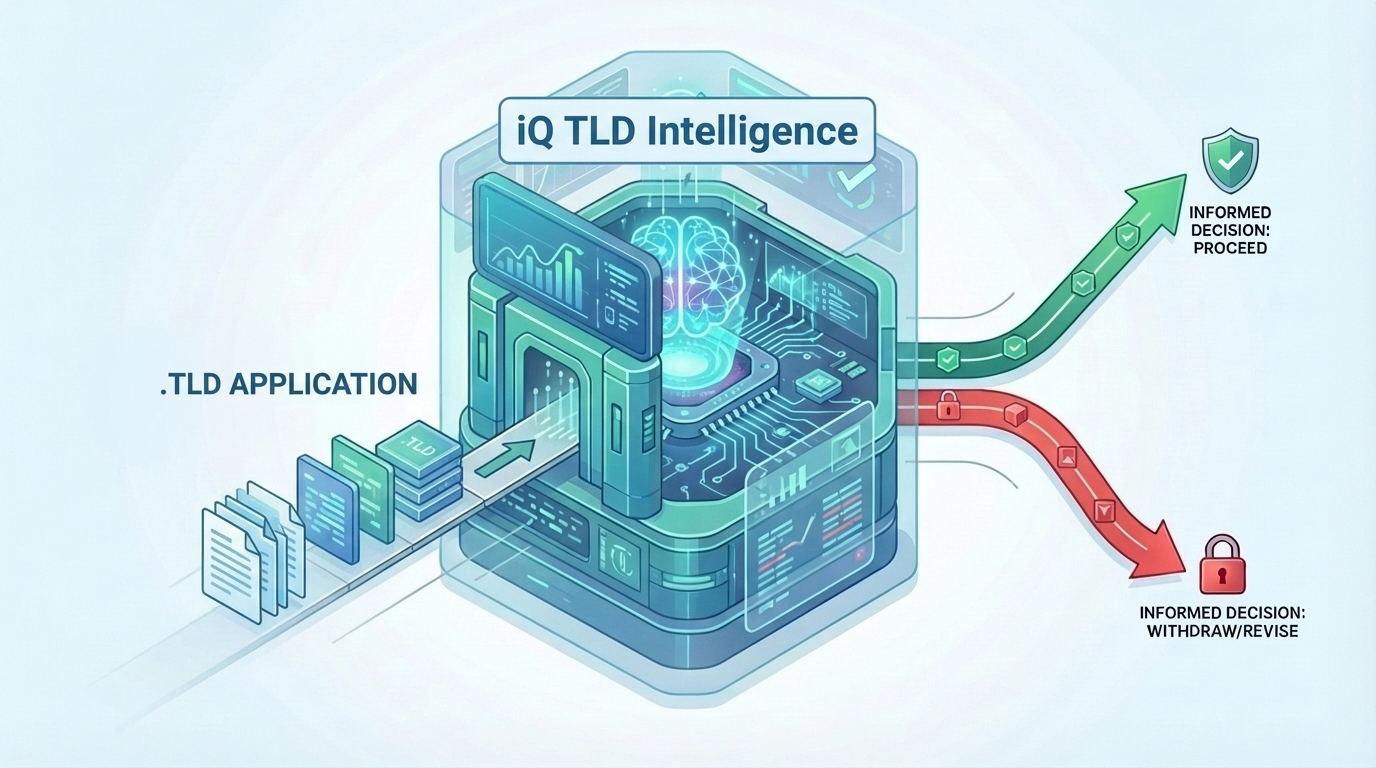Q&A with Kelly Hardy

It's been a few weeks since our new colleague Kelly Hardy joined the team.
As someone with so much experience we took the opportunity to ask her a few questions on current industry "hot topics" and some to get to know her better.
Easy question first. Tell us about yourself
I am the new SVP of Strategy and Development for IQ Global. I’ve previously been a consultant for ccTLDs, back end registry operators, data companies and registrars as well as ICANN. I was most recently the Head of Registry Policy for CentralNic.
Before I joined the domain industry I was a music journalist, programmed performing arts spaces and worked for several record labels. I also co-owned a magazine and small indie record label.
I’ve been a skateboarder my whole life and live and work from my home near the ICANN offices in Los Angeles.
How did you get involved working with domain abuse issues?
I’d done a lot of abuse work and authorship around the issue over the years at a variety of different levels just by virtue of consulting.
I’ve been in the industry a long time and watched the conversation about what was vital to the health and well being of our corner of the internet shift several times. And while it shifts, those of us who are researching the issues and working to find sustainable positions on them end up going down rabbit holes of other things that are related. And once you’re down that road, it is impossible not to see how larger societal trends and changes are reflected back in our own ecosystem.
I think that for people who are attracted to this work, part of the pull is looking at how certain social trends offline are impacting the social contract online. In some cases, identifying the problem and taking action is very black and white. But in many cases, we are still figuring out the grey areas.
What ultimately do you think we are solving for with DNS Abuse?
For better or worse we are dealing with an avalanche of unintended consequences. In some ways, the internet is a laboratory for experiments in unintended consequences and because everything online happens so fast, you can experience your unintended consequences in seconds.
The best of intentions here often end in some really dark stuff at an accelerated pace that we don’t really know how to handle yet. This is something I think about constantly both from a legislative and product perspective. In this way, the internet is not like real life. The internet allows us to see the unintended consequences of our actions at a rate of speed that the “real” world often doesn’t afford.
What is your perspective on the current handling of DNS abuse?
In the last few years we’ve seen the beginnings of a wave of legislation that directly impacts the internet infrastructure community, much of it focusing on issues of security and abuse.
Taking responsibility for your zone and your DUMs and proactively addressing issues of harms is crucial in not only creating the internet you want to participate in but also in managing that sort of legislative reach.
It’s become a convenient attitude in our industry to pass the buck on who is responsible for what outside of technical function. I deeply disagree with that position. We aren’t the content police, but we are citizens of and participants in the larger ecosystem as both stewards and users. If we’re going to wax poetic about what the early internet was or was “supposed to be” we need to further explore our roles our in guiding it in that direction.
As we, as an industry begin to go down the path of exploration on this we also need to keep in mind that the unintended consequences of mitigation and action can fall at the feet of our colleagues.
I’ve written about this here: https://www.dotmagazine.online/issues/protecting-users-and-systems/society-against-illegal-content/mitigating-dns-abuse-protecting-employees
What are your thoughts on the next round of new TLDs?
I was an early advocate of new TLDs the last time around and I feel the same way now that I did in 2008: this is a long game. It is not a get-rich-quick scheme and not every TLD will be a success. A lot was learned in the last round about what works and what does not.
Hopefully, as an industry, we’ve become wiser and have a better idea of what the public user base wants. We’ve certainly developed better tools.
Where do you think the domain industry is going?
I think that the domain community has to start thinking larger than itself. If all we really focus on is selling more domain names, we will stagnate.
We need to be thinking about what else we can do to make the Internet grow in a meaningful way.


